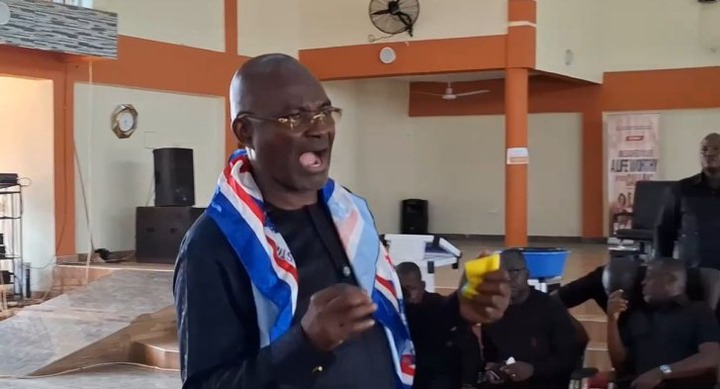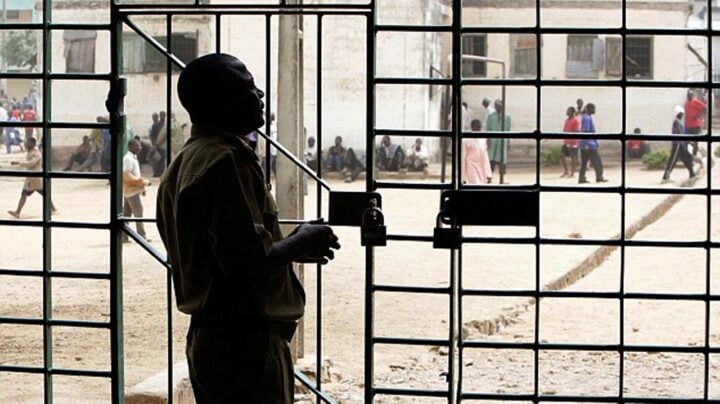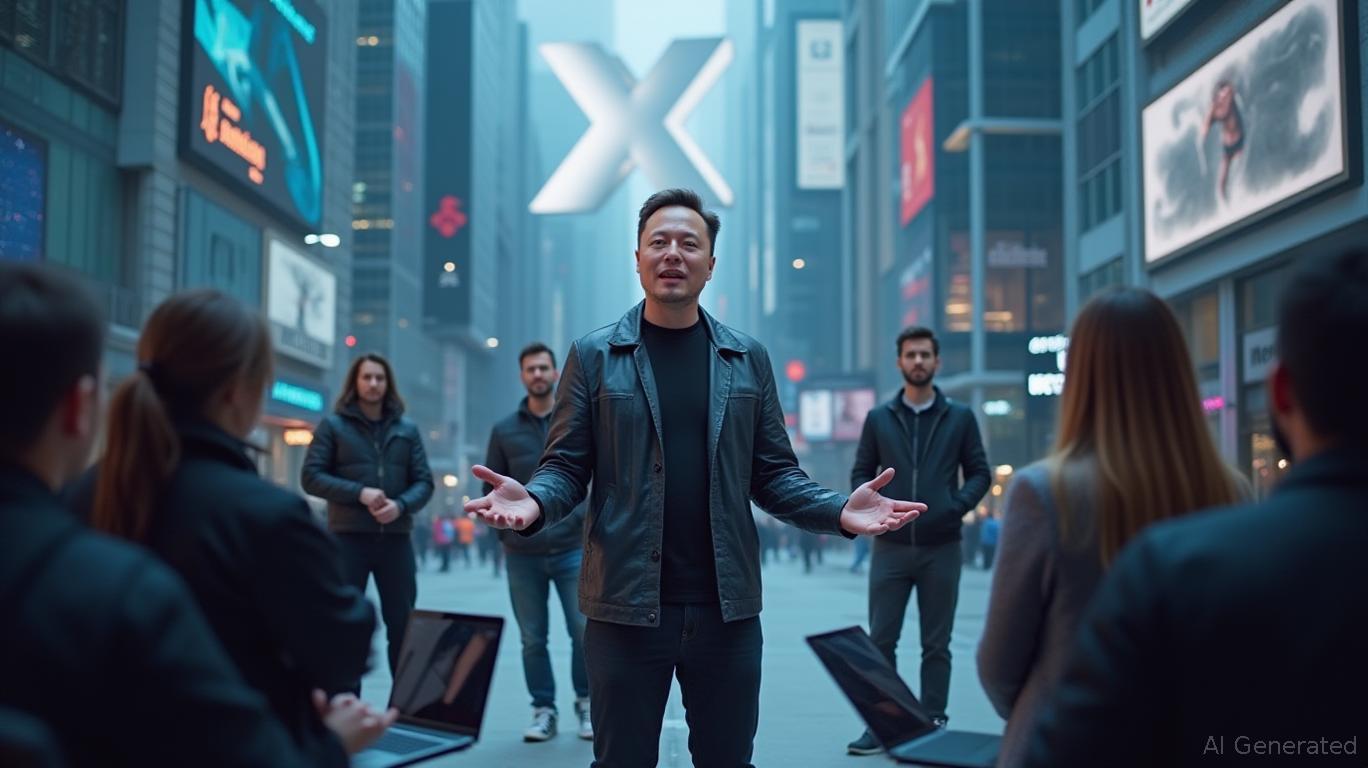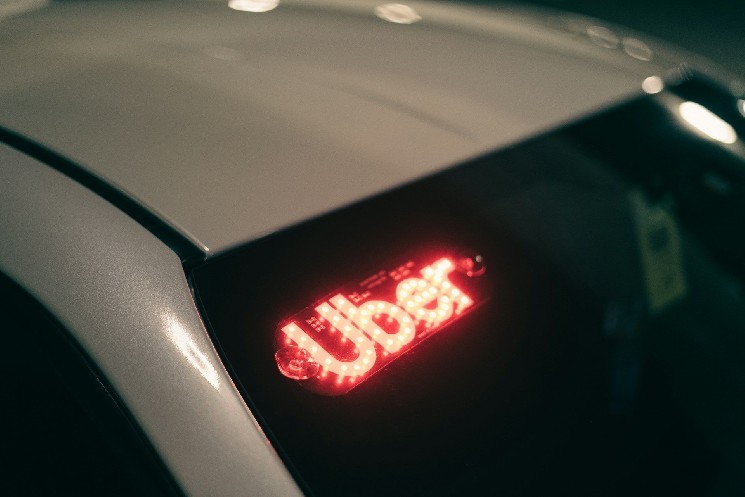Trump's National Guard Deployment in Los Angeles Sparks Protests and Legal Debates

Los Angeles has become the epicenter of a significant federal-state confrontation following President Donald Trump's decision to deploy National Guard troops in response to escalating protests over federal immigration raids. This move, occurring around June 9, 2025, has ignited a fierce debate involving California's Democratic leadership, constitutional scholars, and political commentators, highlighting deep divisions over immigration policy and federal authority.
President Trump ordered approximately 2,000 National Guard troops to Los Angeles after several days of unrest sparked by Immigration and Customs Enforcement (ICE) raids that resulted in dozens of arrests. By Sunday, June 9, 2025, around 300 of these troops were reportedly stationed at key locations, including the Edward R. Roybal Federal Building, where detainees were being held. Weekend protests in downtown Los Angeles and the nearby city of Paramount saw law enforcement officers in riot gear using tear gas, pepper spray, batons, and flash bangs to disperse crowds. The Los Angeles County Sheriff’s Department stated that demonstrators threw objects and were violent toward federal agents and deputy sheriffs. Furthermore, Northern Command indicated that 500 US Marines were on "prepared to deploy" status, hinting at a potential for further escalation.
The White House justified the deployment by citing the alleged failure of California authorities to protect federal immigration officials and citizens. President Trump framed the situation as a response to a "migrant invasion" and accused "violent, insurrectionist mobs" of attacking federal agents to disrupt deportation operations. He vowed on Truth Social that "Order will be restored, the Illegals will be expelled, and Los Angeles will be set free," tasking top officials, including the Secretaries of Homeland Security and Defense, to take decisive action to "liberate" the city.
Beyond the immediate situation, Trump's actions are seen as pursuing broader political objectives. These include demonstrating a tough stance on immigration, delivering a warning to Democratic jurisdictions nationwide that oppose his deportation policies, and reinforcing his image as a strongman commander-in-chief. The deployment also serves to escalate his feud with California Governor Gavin Newsom and potentially distract from other political challenges.
The deployment has drawn sharp criticism. Governor Newsom accused Trump of taking a "purposefully inflammatory" step, and Los Angeles Mayor Karen Bass stated that National Guard deployments were not "called for." Democrats have voiced strong concerns, with Senator Amy Klobuchar worrying about the move inflaming the situation and Senator Bernie Sanders warning that Trump is "moving this country rapidly into authoritarianism." The veterans' organization Common Defense also condemned the deployment, calling it a "dangerous escalation that undermines civil rights."
Conversely, top Republicans have backed Trump's actions. Senator Markwayne Mullin criticized Governor Newsom as "weak" and "lawless-leaning," asserting the president's duty to protect citizens if state or local leaders fail to do so. Senator Ron Johnson expressed few concerns about using National Guard troops for maintaining order, while Senator James Lankford suggested Trump was trying to "de-escalate all the tensions."
The deployment has brought legal and constitutional questions to the forefront, particularly concerning the Posse Comitatus Act of 1878, which generally bars federal military forces from domestic law enforcement unless specifically authorized. While troops were initially stationed at federal facilities, CNN crews captured California National Guard troops, operating under federal authority, pushing back demonstrators. The administration has not invoked the Insurrection Act, which could permit military use in cases of insurrection, though Domestic Policy Adviser Stephen Miller's comment about choosing between deporting "invaders" or surrendering to "insurrection" hinted at this possibility.
Concerns about the politicization of the military were heightened by Defense Secretary Pete Hegseth, who posted on X that if violence continued, "Active duty Marines at Camp Pendleton will also be mobilized." This threat to deploy active-duty Marines on American streets, unless the Insurrection Act is invoked under conditions that analysts suggest are not currently met, is seen by critics as potentially illegal and an overreach of executive power. Hegseth's past statements during his confirmation hearing regarding obedience to presidential orders have resurfaced amid these concerns.
The political turmoil in Los Angeles and the federal-state dispute have also cast a shadow over financial markets. While primarily a political and legal issue, the heightened tension signals potential instability in governance, which can influence investor sentiment and risk appetite across various asset classes, including cryptocurrencies and traditional stocks.
On June 9, 2025, minor pullbacks were observed in cryptocurrency prices, with Bitcoin (BTC) trading around $68,500 (a 1.2% dip) and Ethereum (ETH) near $2,450 (down 0.8%). S&P 500 futures also showed a marginal decline. This cautious sentiment was attributed partly to broader market unease stemming from domestic political friction, as investors often become risk-averse during such periods. The U.S. Dollar Index (DXY) saw a slight rise, potentially indicating a flight to safety. Trading volumes in crypto markets saw a slight uptick, possibly due to traders positioning for volatility.
Technical indicators for Bitcoin, such as the Relative Strength Index (RSI) and Moving Average Convergence Divergence (MACD), suggested neutral-to-bearish momentum. On-chain metrics, like increased Bitcoin net exchange inflows, hinted at potential selling pressure. The correlation between stock market dips and crypto declines highlighted a broader risk-off sentiment. Crypto-related stocks such as Coinbase (COIN), MicroStrategy (MSTR), and Riot Platforms (RIOT) also experienced drops, reflecting market hesitancy. Analysts noted that continued political instability could exacerbate selling pressure, while a de-escalation might trigger a relief rally.
The deployment of National Guard troops in Los Angeles represents a critical juncture, testing the boundaries of federal power, state sovereignty, and constitutional limits. As protests continue and political rhetoric intensifies, the situation not only carries significant implications for civil liberties and the role of the military in domestic affairs but also serves as a barometer for market stability, demonstrating the interconnectedness of political events and financial landscapes.












